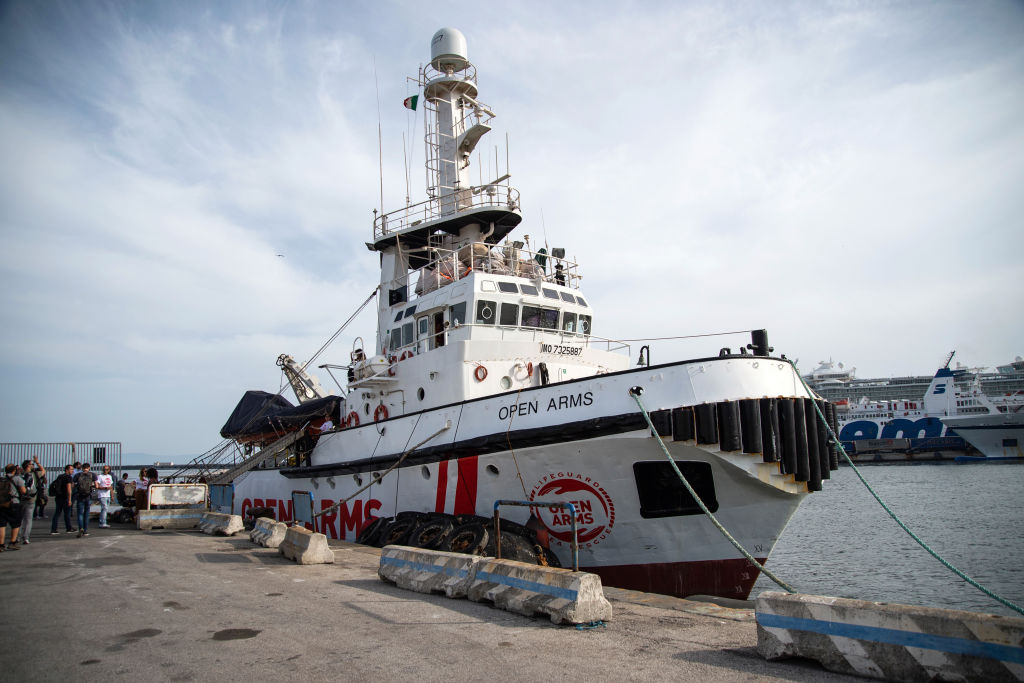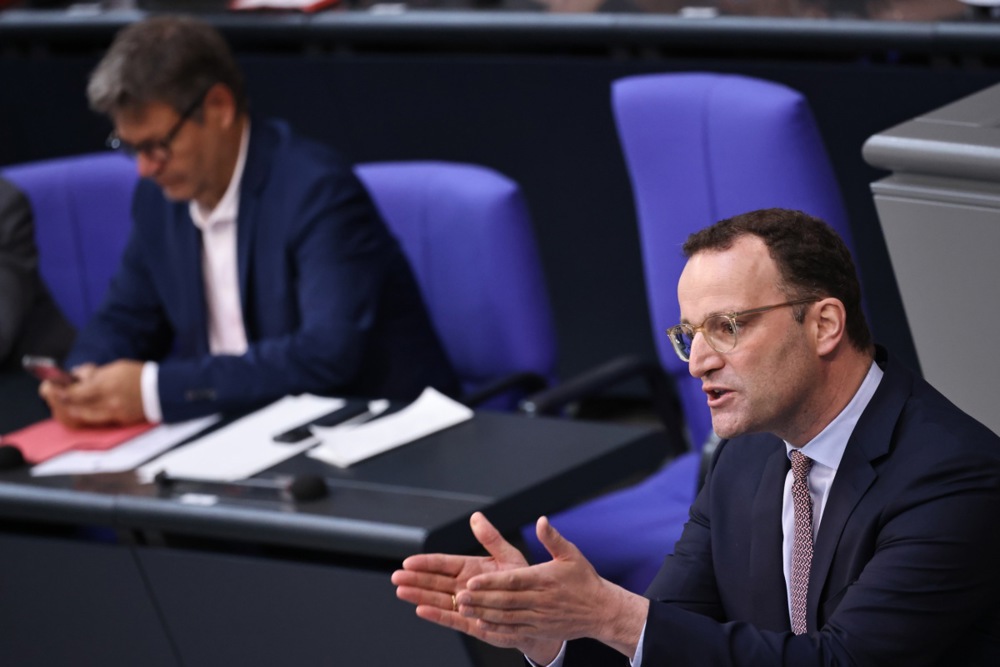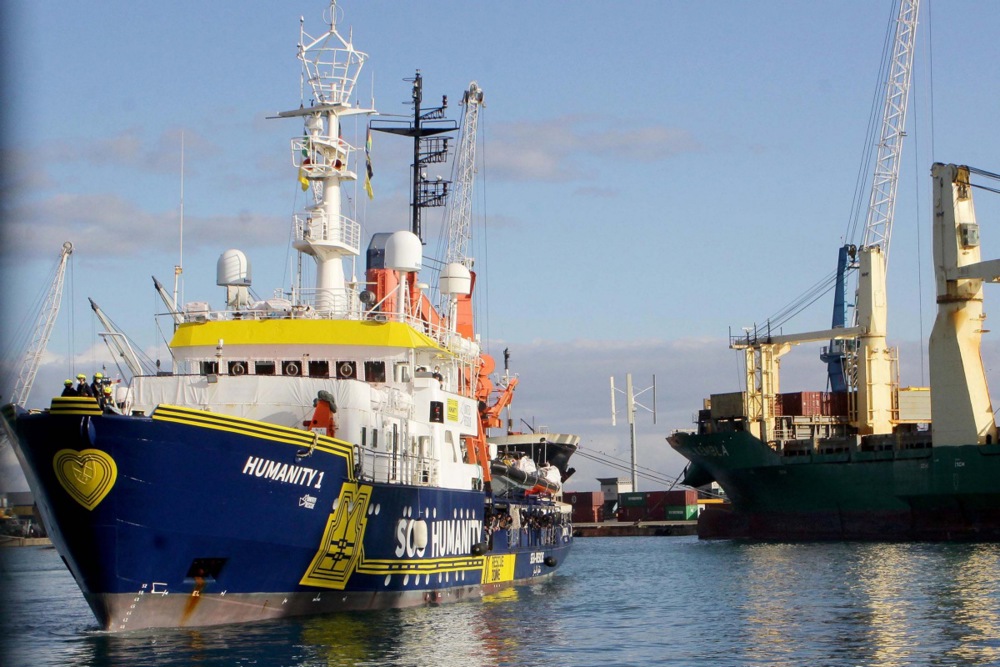The German Roman Catholic Diocese of Trier has called for sponsorship for a new sea-rescue ship for the pro-migrant aid organisation Sea Eye.
“Sea rescue is a Christian and humanitarian duty,” the Vicar General of Trier, in the ecclesiastical province of Cologne, told Domradio.
“I have personally got to know this rescue organisation and consider the commitment to be convincing and absolutely right,” stated the diocese’s Vicar General, Ulrich Graf von Plettenberg, on July 30.
“With our support, we would also like to send a clear signal against Europe’s isolationist policy, which is propagated above all by right-wing parties,” he said.
“People who are in need, who are displaced, who ask for help – you don’t turn them away – that is one of the most important basic Christian values.”
In 2021, his diocese co-financed another ship for Sea-Eye with fellow dioceses that support the association.
The tragic sinking of a boat packed with hundreds of people seeking refuge abroad has sparked riots and furious debate about migration throughout Europe. https://t.co/KSZSj9Yg3C
— Brussels Signal (@brusselssignal) June 16, 2023
Sea-Eye is reportedly looking for 3,000 ship sponsors to donate €16.67 per month on a permanent basis to finance operational running costs.
The 23.3 metre-long rescue cruiser Sea-Eye 5 was recently christened by the German actress Sandra Hüller. The “reaction” facility on the YouTube video of the event has been disabled.
Sea-Eye’s boat, which cost €465,000, was sponsored by a fundraising campaign for donations from the Evangelical Church in Germany, which itself created the civil society alliance United4Rescue.
The Sea-Eye 5 is United4Rescue’s fourth alliance ship and is tasked with picking up migrants in the Mediterranean.
NGO boats are a source of some controversy in mainland Europe. They have been accused of picking up migrants off the coast of Africa and dropping them off at ports on the continent.
Critics have said that has encouraged more people to embark on perilous journeys in unseaworthy vessels, hoping to be rescued by NGO ships. They contend that not only emboldens human traffickers but also increases the risk of migrants drowning at sea.
More than 1,700 migrants came to the Italian island of Lampedusa by boat over the weekend of March 23. https://t.co/UZf3ox7S7B
— Brussels Signal (@brusselssignal) March 25, 2024





